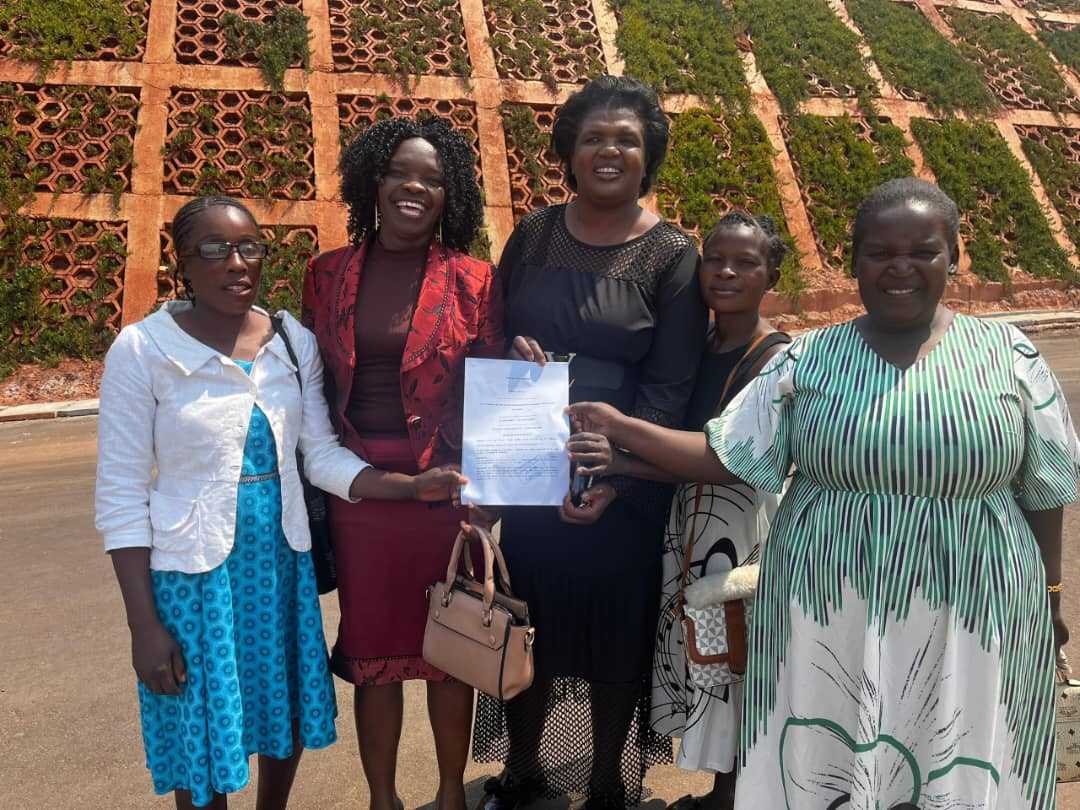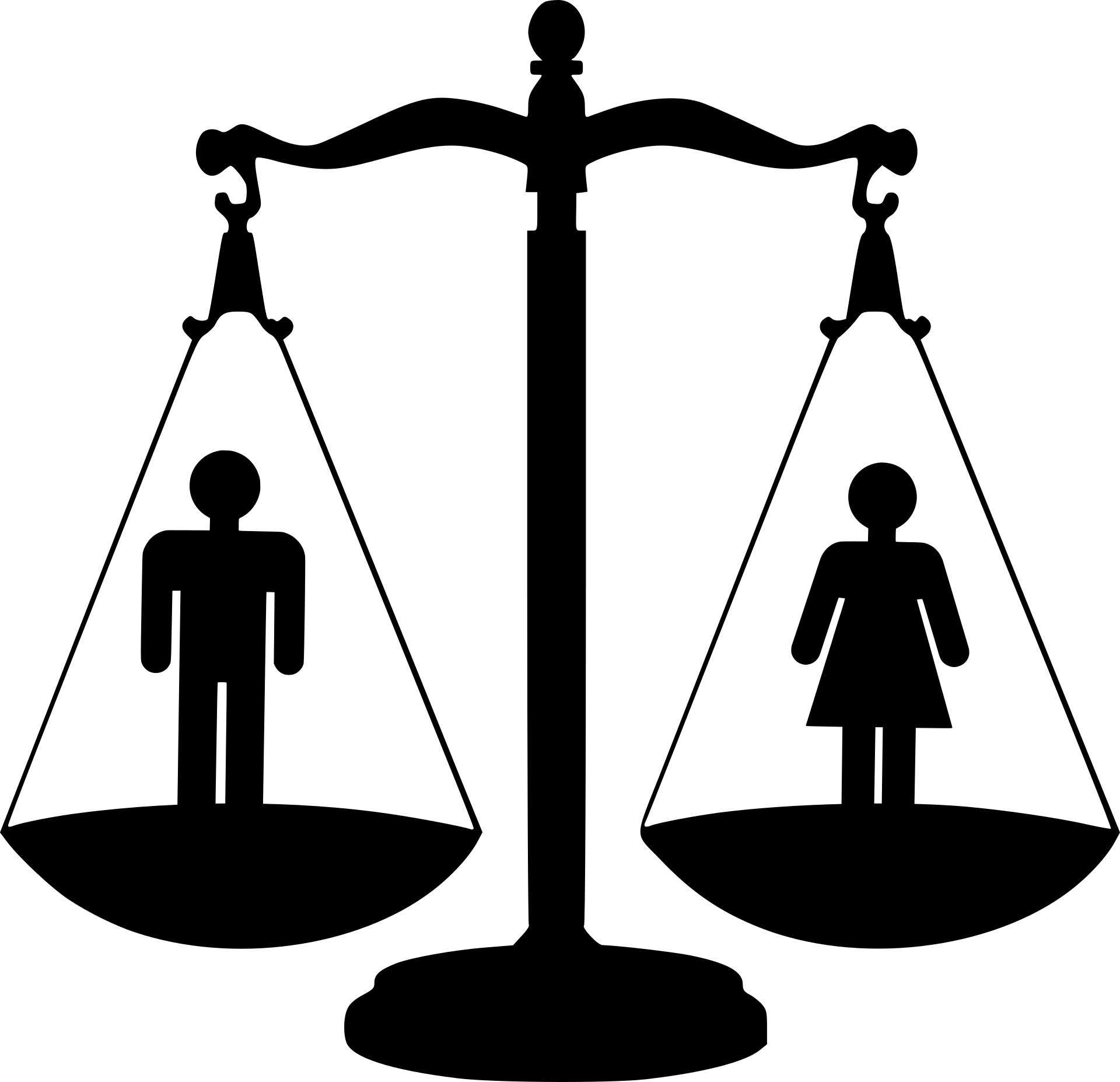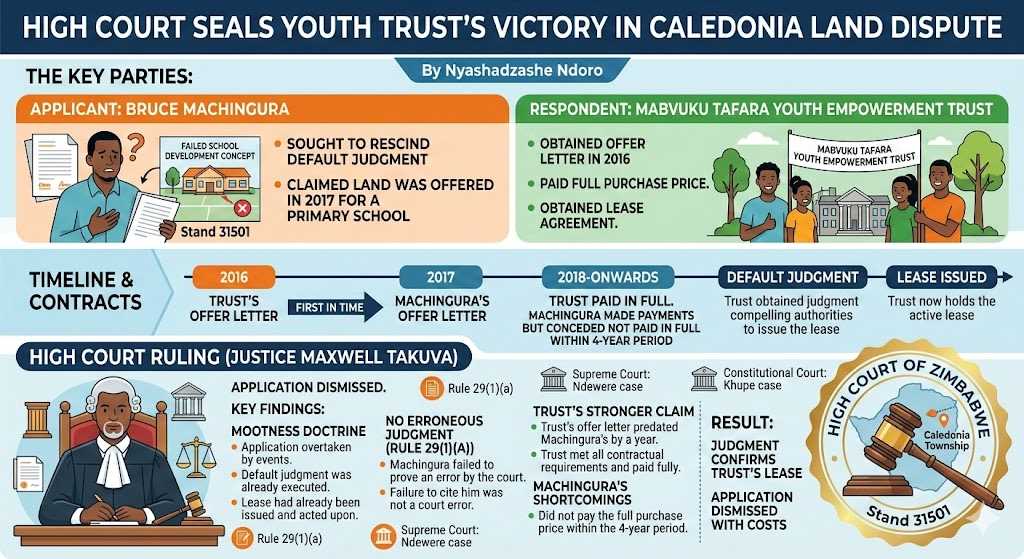
Munyaradzi Blessing Doma
Plans announced by the government, through the Minister of Local Government and Public Works, Daniel Garwe, to privatise water starting with Harare, Bulawayo, and Victoria Falls, are unconstitutional and will place a heavy burden on women and girls, the Economic Justice for Women Project has revealed.
Tanyaradzwa Juru, EJWP Programs Lead, disclosed this on Monday during a press conference, adding that the organisation believes the privatisation plans are part of austerity measures driven by the central government’s efforts to reduce public debt and expenditure deficits by cutting public spending.
“This comes at a time when the government has also introduced numerous taxes targeting the dominant informal economy. This decision risks undermining constitutional rights and increasing social inequalities, particularly gender inequality, while compromising public health.
“The privatisation of water aligns with neo-liberal policy frameworks that emphasise profit at the expense of equity and accountability. The government is trusting market forces over human rights, reflecting its challenge to protect its people and ensure equal access to a basic public good.
“This directly contravenes Section 77 of Zimbabwe’s Constitution, which guarantees every citizen the right to safe, clean, and potable water,” said Juru.
Juru added: “Women and girls will bear the heaviest burden. They already spend hours fetching water, shoulder the burden of unpaid care work while tending to sick family members, and face heightened risks of poor menstrual hygiene and time poverty. Water commodification will worsen gender injustice, undermining women’s health, dignity, and economic participation.”
Juru further revealed that in Harare, water access is already precarious, characterised by high levels of water rationing in most high-density suburbs with the largest populations, leaving residents largely dependent on private boreholes, communal water pumps, and shallow, unsafe wells.
“This is why cholera, typhoid, and other sanitation-related diseases frequently occur in Harare and Bulawayo’s suburbs, overwhelming struggling healthcare systems and taking lives.
"With privatisation, the demand for affordable water will surge, making it even scarcer, putting citizens’ lives at risk and increasing pressure on the already low-functioning health centres.
Related Stories
“The commodification of a public good is a demonstration of government failure. Women bear the brunt of these decisions, as they already carry the responsibility of home care – laundry, family hygiene, household sanitation, health security, fetching water, preparing healthy meals, and caring for the family.
“The intention to privatise the provision of a public good is a critical opportunity to advance women’s rights, as it disrupts the household economy whose entire responsibilities have historically rested on women.
"While we continue advocating for the recognition, redistribution, and reduction of social production, we acknowledge the importance of resisting neo-liberal approaches to economic development, particularly through austerity measures that commodify public goods and relinquish the government’s mandate to protect citizens, ensure equity, and practise accountability.”
Meanwhile, EJWP and representatives of its members submitted a petition and policy brief to Parliament and relevant stakeholders on Monday.
In the two documents, EJWP demanded that Parliament halt water privatisation and pass a Water Justice Bill to enshrine public ownership.
“Government should invest in public and community-managed water systems instead of outsourcing to profit-driven private companies. A gendered human rights impact assessment must be conducted before any water sector reforms are implemented.
"Communities, especially women and marginalised groups, should be meaningfully consulted and included in water governance.”
EJWP reiterated: “Water is life and a basic human right, not a luxury. We call on Parliament and all duty-bearers to act urgently to protect this fundamental right to water using a people-over-profit approach. Water for Life, Not for Profit!”
EJWP is a non-profit women’s rights organisation working with young women towards sustainable economic independence since January 2017. Its inception was inspired by the need to eliminate inequalities between men and women in levels of participation, competency, and returns in economic activities.
It seeks to strengthen the capacities of young women aged 16–35 with knowledge, skills, and support for equal and full participation in economic governance, public resource management, and platforms to self-organise to advocate for their economic rights at all levels.




















Leave Comments